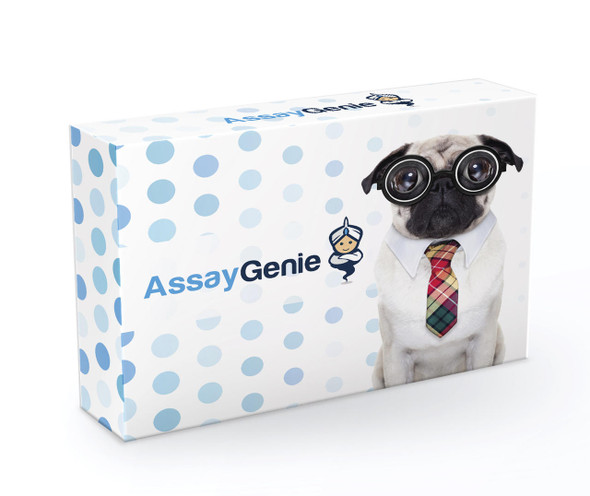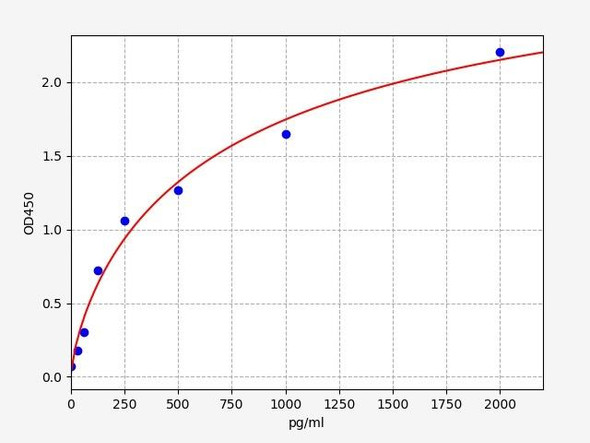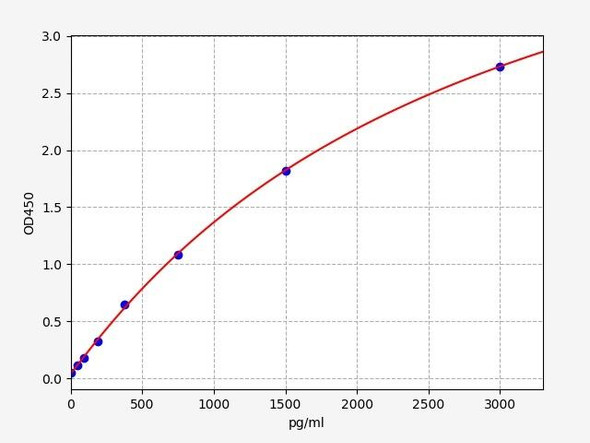Epo [NYRhEPO] (CPAB0042)
- SKU:
- CPAB0042
- Product Type:
- Antibody
- Antibody Type:
- Monoclonal Antibody
- Reactivity:
- Human
- Mouse
- Rat
- Host Species:
- Rabbit
- Isotype:
- IgG
Description
Epo [NYRhEPO] (CPAB0042)
The EPO/NYRHEPO Polyclonal Antibody (CPAB0042) is a valuable tool for researchers studying erythropoietin (EPO) and its homologue NYRHEPO. This antibody, produced in rabbits, is highly specific to both EPO and NYRHEPO proteins, allowing for accurate detection and analysis in a variety of cell types.EPO is a cytokine produced by the kidney in response to low oxygen levels, playing a crucial role in stimulating red blood cell production. NYRHEPO is a recently discovered homologue of EPO with similar functions in erythropoiesis.
The EPO/NYRHEPO Polyclonal Antibody is ideal for investigating the expression and regulation of these important proteins in both normal and diseased states.By utilizing this antibody in Western blot applications, researchers can further their understanding of EPO and NYRHEPO in hematopoiesis, cancer biology, and other areas of study. Its high reactivity with human samples and reliable performance make it a valuable asset for research in the fields of hematology and oncology.
| Product Name: | Epo (NYRhEPO) Antibody |
| Product Sku: | CPAB0042 |
| Size: | 500μg |
| Host Species: | Mouse |
| Immunogen: | r.Human erythropoietin |
| Clone: | NYRhEPO. |
| Reactivity: | Human |
| Applications: | Immuneprecipitation, Western Blot, ELISA |
| Purification Method: | Ion exchange |
| Isotype: | IgG1 |
| Background: | This gene is a member of the EPO/TPO family and encodes a secreted, glycosylated cytokine composed of four alpha helical bundles. The protein is found in the plasma and regulates red cell production by promoting erythroid differentiation and initiating hemoglobin synthesis. This protein also has neuroprotective activity against a variety of potential brain injuries and antiapoptotic functions in several tissue types. |
| Synonyms: | EPO-a, EPO-alpha, Epoetin, EP, MGC138142. |
| Storage Buffer: | In lyophilized form, for long periods, store at 4°C in a dry environment. After reconstitution, if not intended for use within a month, aliquot and store at -20°C. |








